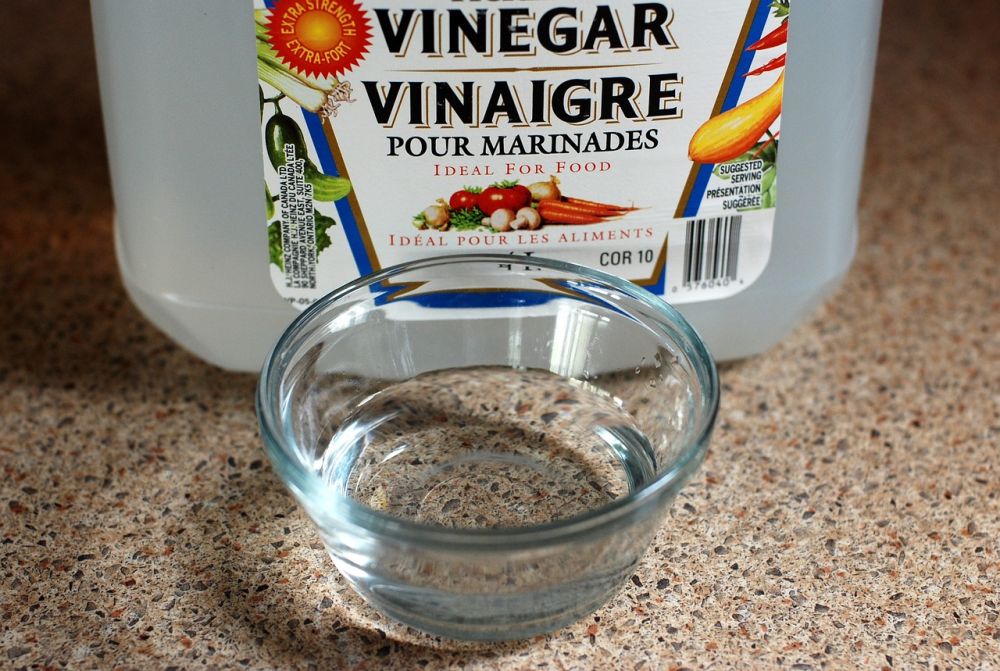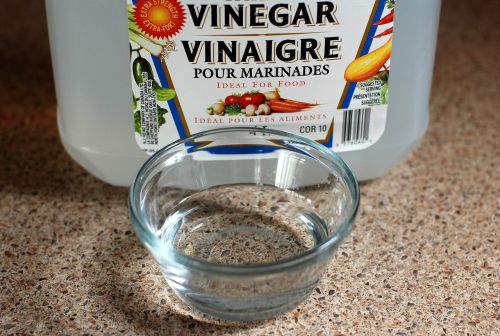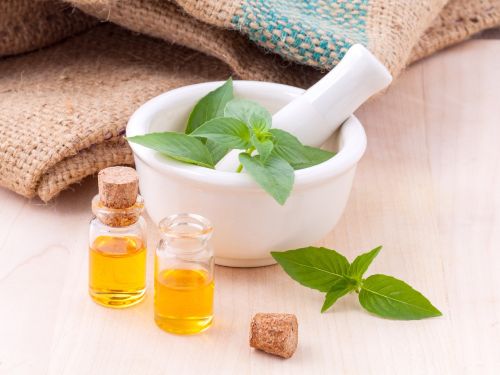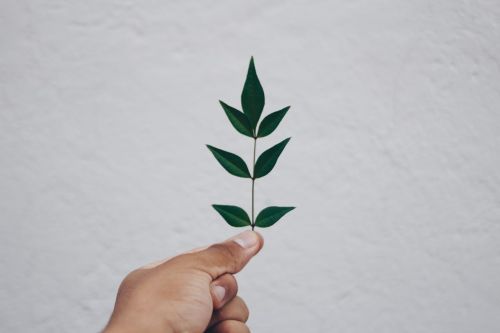Vinegar: The Ultimate Green Cleaning Solution

Green cleaning has become an integral part of maintaining a sustainable and healthy home environment. As awareness about the environmental and health impacts of conventional cleaning products grows, more individuals are seeking eco-friendly alternatives. Green cleaning emphasizes the use of natural, non-toxic ingredients that are not only effective in maintaining cleanliness but also safe for both people and the planet. This shift towards environmentally conscious cleaning practices reflects a broader movement towards sustainability in various aspects of daily life.
Among the various natural cleaning agents available, vinegar stands out as a versatile and powerful solution. Its effectiveness is well-documented, and its applications are numerous, ranging from disinfecting surfaces to deodorizing spaces. Unlike many commercial cleaning products, which often contain harsh chemicals and artificial fragrances, vinegar is a simple, natural substance that can be used safely throughout the home. Its ability to clean and sanitize without leaving harmful residues makes it an ideal choice for those committed to green living.
This article delves into the benefits and uses of vinegar in green cleaning, providing practical tips and insights for effective home maintenance. By exploring the science behind vinegar's cleaning properties, we can better understand why it is such a valuable tool in the fight against dirt and germs. Additionally, we will discuss various ways to incorporate vinegar into your cleaning routine, highlighting specific recipes and methods that maximize its potential. Whether you are a seasoned eco-warrior or new to the concept of green cleaning, this comprehensive guide will equip you with the knowledge and confidence to make vinegar a staple in your home.
In the following sections, we will explore the multifaceted uses of vinegar, from its role as an all-purpose cleaner to its effectiveness in laundry care. By understanding the diverse applications of vinegar and learning how to create customized cleaning solutions, you can enhance your home's cleanliness while minimizing your environmental footprint. Let’s embark on this journey to discover how harnessing the power of vinegar can contribute to a cleaner, greener home.
The Science Behind Vinegar's Cleaning Power
Vinegar, particularly white distilled vinegar, contains acetic acid, which gives it potent antimicrobial properties. Acetic acid, typically present at a concentration of around 5%, can effectively kill a wide range of bacteria, including E. coli and Salmonella. A study published in the Journal of Environmental Health found that a 5% acetic acid solution could reduce the number of viable bacteria by 90% within 30 minutes.
Moreover, vinegar's ability to dissolve mineral deposits makes it ideal for tackling hard water stains and lime scale. This characteristic is particularly useful in areas with hard water, where mineral buildup can be a persistent problem. In addition to its cleaning prowess, vinegar's acidic nature helps neutralize alkaline substances, making it effective for removing soap scum and other residues.
Benefits of Using Vinegar for Cleaning
Non-Toxic and Safe: Vinegar is a natural product, free from harmful chemicals, making it safe for use around children and pets. Unlike many commercial cleaners that contain volatile organic compounds (VOCs), vinegar does not release toxic fumes, reducing indoor air pollution. According to the U.S. Environmental Protection Agency (EPA), exposure to VOCs can cause a variety of health issues, including respiratory problems and headaches.
Cost-Effective: Vinegar is inexpensive and widely available, providing an economical solution for green cleaning. A gallon of white distilled vinegar typically costs around $3, making it a budget-friendly alternative to specialized cleaning products. Considering the average household spends over $500 annually on cleaning supplies, switching to vinegar can lead to significant savings.
Versatile: From kitchens to bathrooms, vinegar can be used in various cleaning applications, reducing the need for multiple cleaning products. This versatility not only simplifies the cleaning routine but also minimizes the environmental impact associated with manufacturing and disposing of different cleaning agents.
Environmentally Friendly: As a biodegradable substance, vinegar does not contribute to environmental pollution, aligning with sustainable living principles. The production of vinegar also has a lower carbon footprint compared to many synthetic cleaners, further supporting its use in eco-friendly cleaning practices.

Practical Uses of Vinegar in Green Cleaning
All-Purpose Cleaner: Mix equal parts of water and vinegar in a spray bottle to create an all-purpose cleaner. This solution is ideal for cleaning countertops, sinks, and other surfaces. It effectively cuts through grease and grime, leaving surfaces clean and fresh. For added cleaning power, you can include a few drops of essential oil, such as tea tree or eucalyptus, which also have antimicrobial properties.
Glass and Mirror Cleaner: For streak-free windows and mirrors, combine one part vinegar with two parts water. Spray the mixture onto the glass and wipe with a microfiber cloth. The acidity of the vinegar helps to dissolve any residual soap or grime, ensuring a clear and streak-free finish. This method can also reduce the need for commercial glass cleaners, which often contain ammonia and other harsh chemicals.
Floor Cleaner: Add half a cup of vinegar to a bucket of warm water to mop tile or vinyl floors. This mixture effectively removes dirt and leaves a shine without any residue. According to a report by the National Sanitation Foundation (NSF), regular mopping with a vinegar solution can reduce bacterial contamination on floors by up to 80%, making it a highly effective cleaning method.
Bathroom Cleaner: Vinegar is excellent for cleaning bathroom surfaces. Use it to scrub tiles, clean grout, and remove soap scum from shower doors and bathtubs. For tough stains and buildup, apply vinegar directly and let it sit for a few minutes before scrubbing. A study by the American Cleaning Institute (ACI) showed that vinegar could effectively eliminate mold and mildew, making it a valuable tool for bathroom maintenance.
Laundry Freshener: Add a cup of vinegar to the rinse cycle of your washing machine to naturally soften fabrics and eliminate odors. Vinegar's acidic nature helps break down detergent residues, leaving clothes feeling softer and fresher. Additionally, vinegar can help maintain the cleanliness of the washing machine itself, preventing mold and mildew buildup.
Deodorizer: Place a bowl of vinegar in rooms with strong odors to neutralize them. This is particularly useful in kitchens and bathrooms. Vinegar absorbs odors rather than masking them, providing a long-term solution to unpleasant smells. Research by the University of Florida Extension indicates that vinegar can neutralize a wide range of odors, including those from cooking, pets, and smoke.
DIY Vinegar Cleaning Recipes
Lemon-Scented Vinegar Cleaner: Infuse vinegar with lemon peels for a pleasant scent and enhanced cleaning power. Fill a jar with lemon peels, cover them with vinegar, and let it sit for two weeks. Strain the mixture into a spray bottle and use it as an all-purpose cleaner. The natural oils from the lemon peels add a refreshing fragrance and boost the vinegar's cleaning efficacy, particularly against grease.
Baking Soda and Vinegar Paste: Create a paste with baking soda and vinegar to tackle tough stains on surfaces like stovetops and sinks. Apply the paste, let it sit for a few minutes, then scrub and rinse. Baking soda's abrasive texture helps to physically dislodge grime, while vinegar's acidity dissolves it, making this combination highly effective for heavy-duty cleaning.
Herb-Infused Vinegar Cleaner: For a fresh and fragrant cleaner, infuse vinegar with herbs such as rosemary, thyme, or lavender. Fill a jar with your chosen herbs, cover it with vinegar, and let it sit for two weeks. Strain and use the infused vinegar as a cleaner. These herbs not only impart a pleasant aroma but also have their antimicrobial properties, enhancing the cleaning power of the vinegar solution.
Tips for Using Vinegar Safely
Avoid using vinegar on natural stone surfaces, such as granite or marble, as the acid can damage the stone. Vinegar can etch the surface, leading to dullness and permanent marks.
Test vinegar on a small area first to ensure it does not damage the surface. This is particularly important for delicate materials or finishes.
Store vinegar solutions in a cool, dark place to maintain their efficacy. Exposure to light and heat can reduce the potency of the vinegar over time.
Conclusion
Vinegar is a powerful and versatile tool in the arsenal of green cleaning. Its non-toxic, cost-effective, and environmentally friendly properties make it an ideal choice for those seeking sustainable cleaning solutions. By incorporating vinegar into your cleaning routine, you can achieve a spotless home while contributing to a healthier planet. The scientific data supporting vinegar's efficacy, coupled with its practical applications, underscore its value as a cornerstone of green cleaning practices.
Check more articles on our blog

Vinegar: The Ultimate Green Cleaning Solution

The Impact of Green Cleaning: Enhancing Home and Business Environments

Useful and easy natural bathroom cleaning tips
